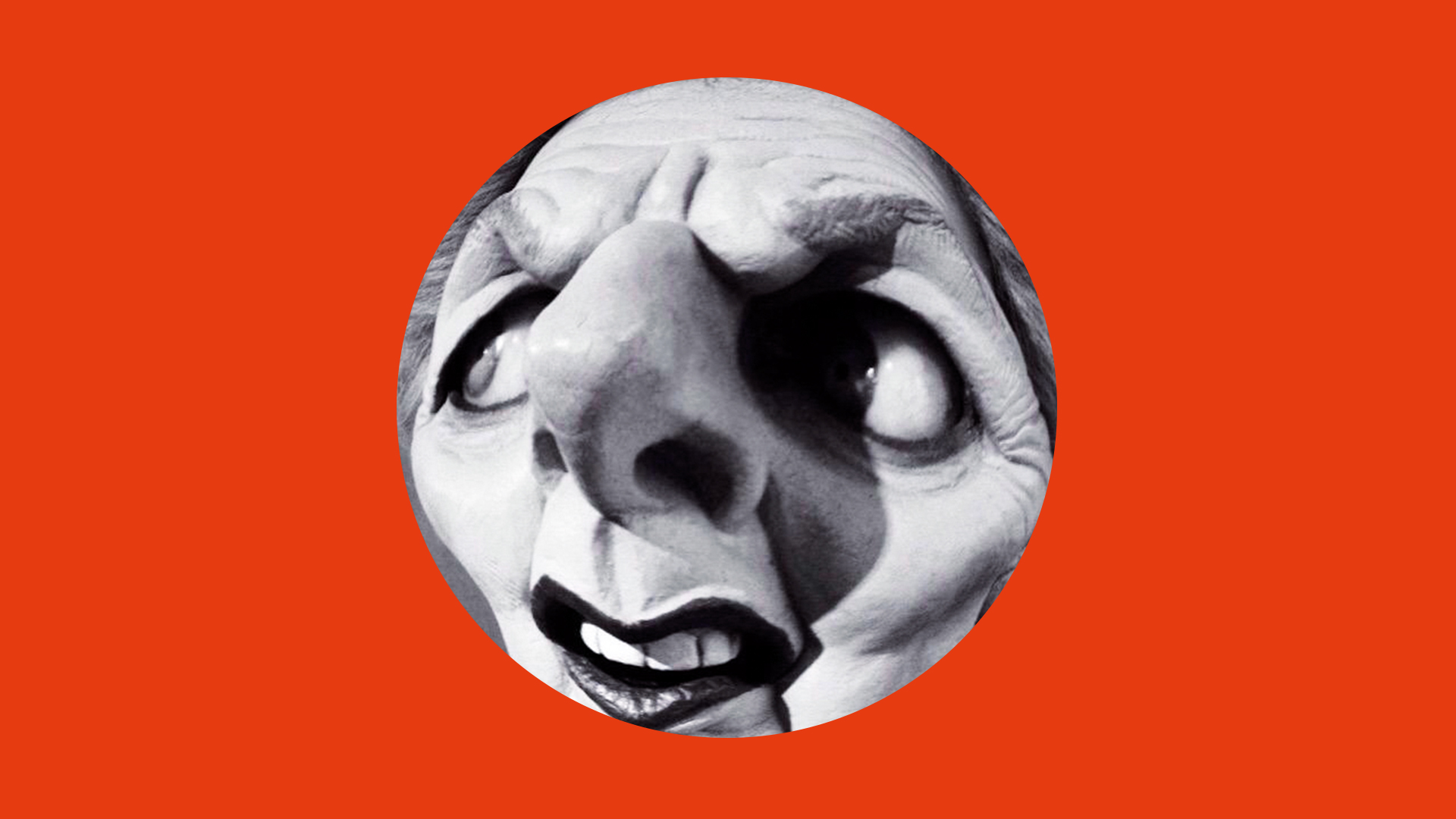The shape of Britain will be forever marked by Margaret Thatcher, from the skyscraper-jagged skyline of our cities to the sparse social housing she left behind. But it is perhaps the changes that are not carved into our land, but rather the ones that have shaped our view of ourselves, our country and our relationships, that have had the most profound effect.

In an interview with The Sunday Times in 1981, Mrs Thatcher announced that the object was not just to change the economy, but to change the heart and soul of the British people. It was this endeavour that would prove the most successful for her campaign. It was one that would indeed alter our souls, our hearts, our relationships, our institutions and our politics ruthlessly, leaving no stone, no home and no heart unturned and unscathed.
Thatcher’s mission of turning postwar economics into what we now call neoliberal economics meant new freedom for the markets. It meant replacing state power with market power and relinquishing governance from the hands of the people to the hands of competition. Where postwar economics had brought about the NHS, social housing and high taxes for the rich, Thatcher’s economics meant privatisation, deregulation and tax cuts for the rich.
All of a sudden, everything had a price; everything could be bought and sold, and everything was up for grabs if you had the money and the risk at your disposal. Competition was the mantra of this new political, economic and philosophical agenda, and Margaret Thatcher was on a mission to not only make this a pillar of the “British work ethic” but to normalise it so deeply that we accepted these values as a natural order, as human nature and as a driver of civilisation.
Get the latest news and insight into how the Big Issue magazine is made by signing up for the Inside Big Issue newsletter
Thatcher paved the way for the age of the entrepreneur. Survival of the fittest competition meant not only the promise of winners, but the promise of many, many more losers. As she privatised Britain to its very bones, the country’s blood would run cold with cashflow and cut-throat market principles. As Thatcher stated in her interview with Woman’s Own magazine in 1987, “There is no such thing as society.”









